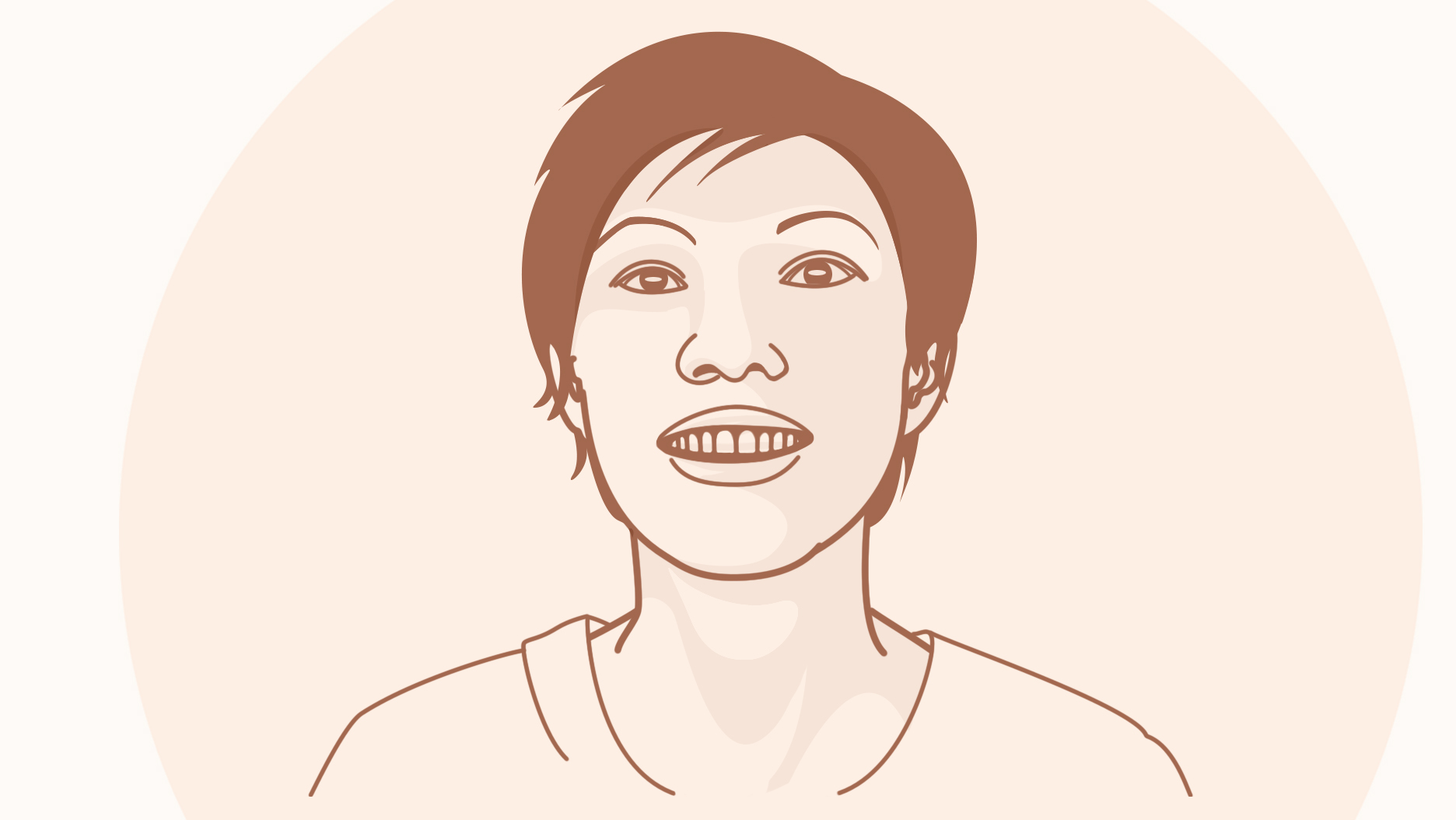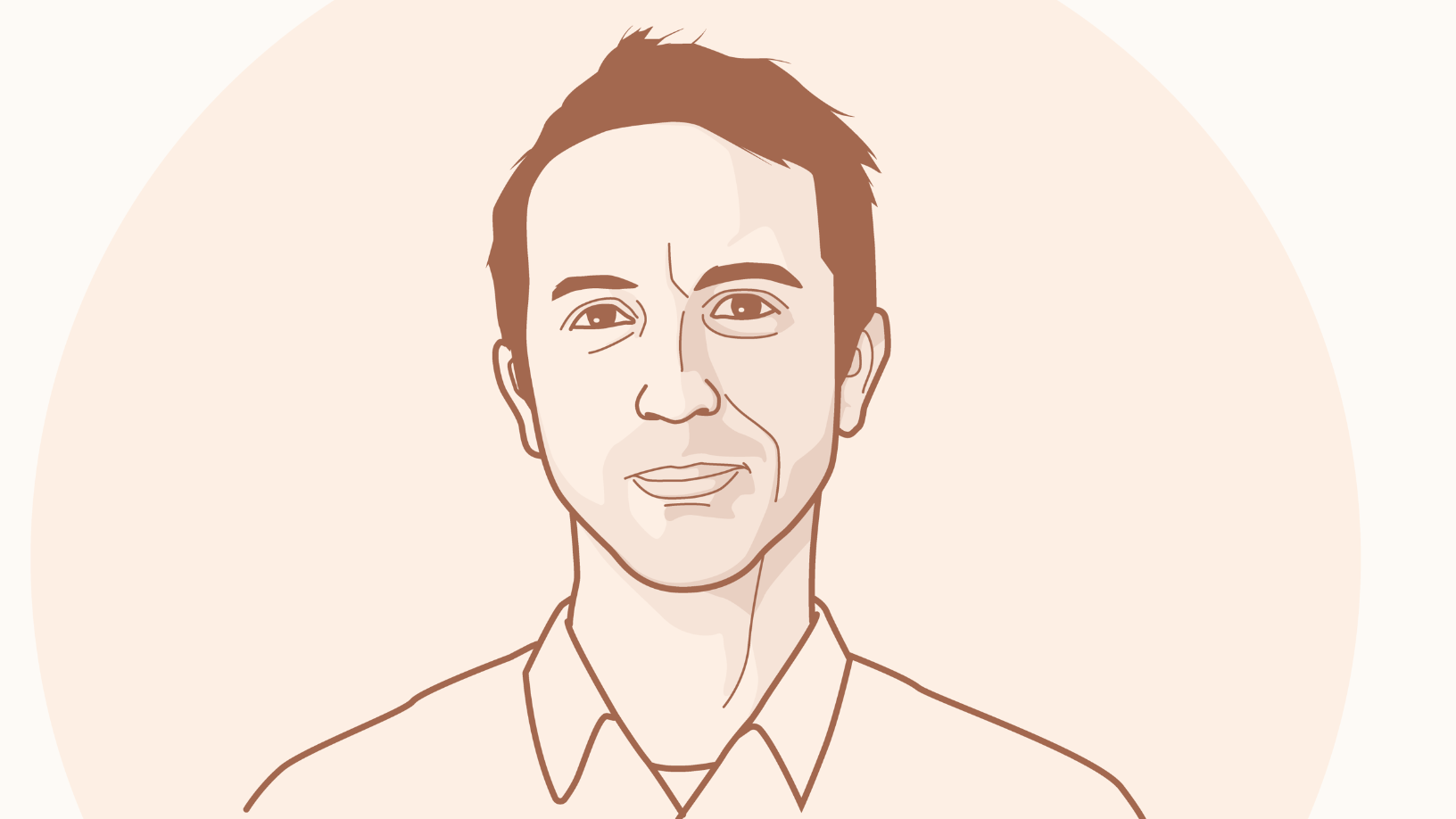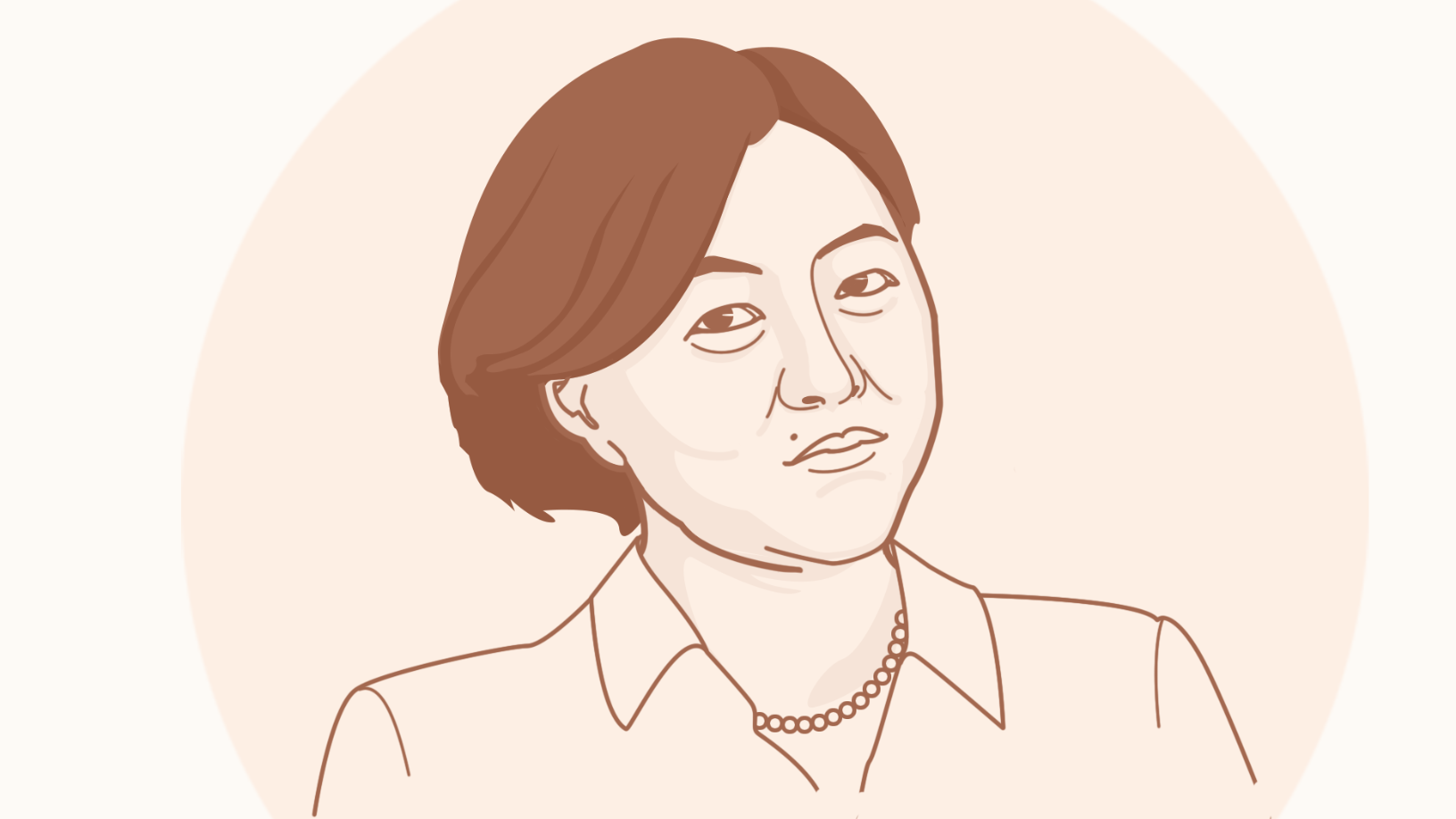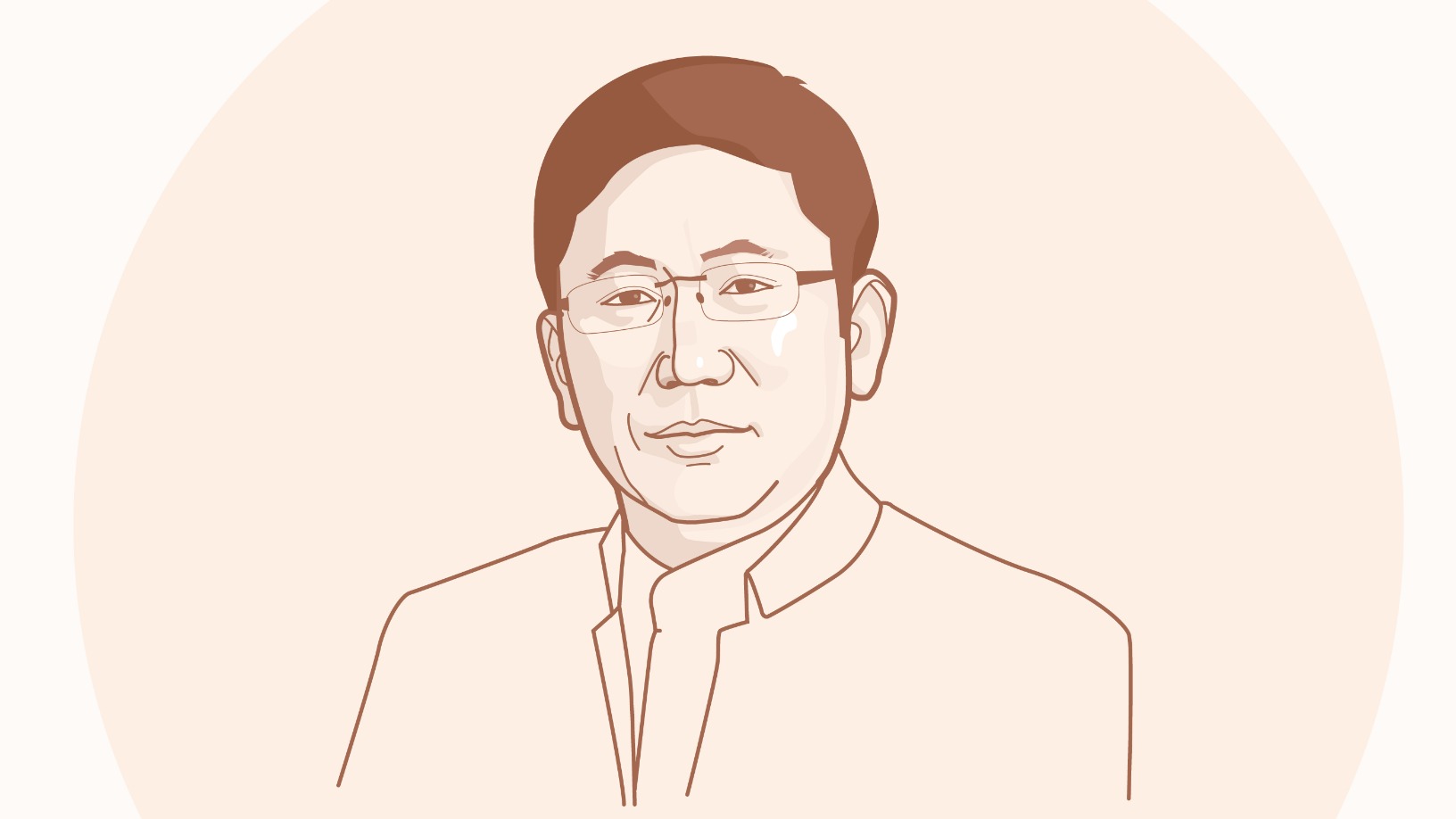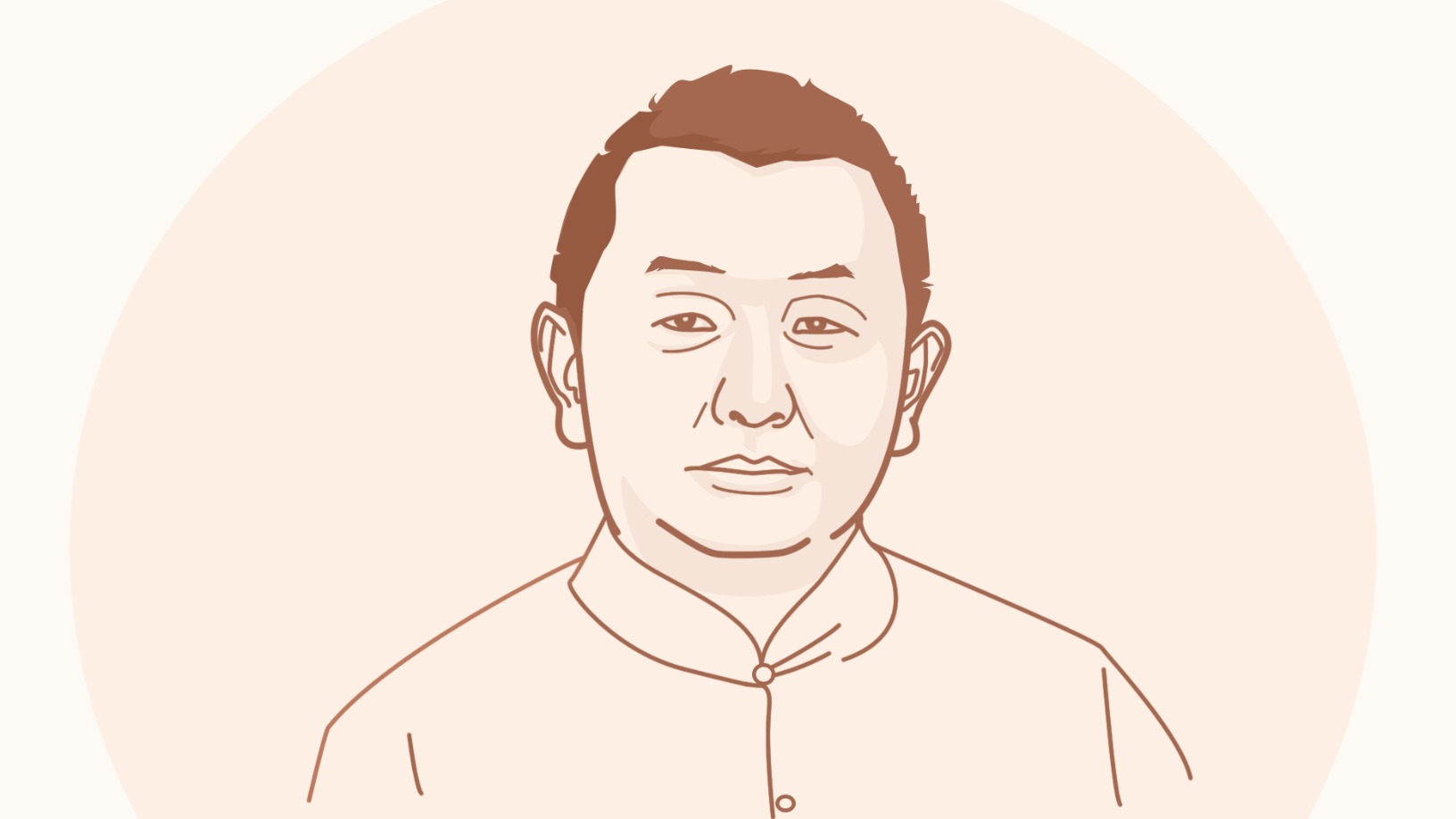Visionary and serial entrepreneur Cecilia Tham's love of creativity, design, forms, and structures brought her to – and kept her in – Barcelona.
“From the start, I felt that the entire city is steeped in design, not only aesthetically, but also in terms of history and its creative environment. It’s something I've noticed and that I haven’t felt in other cities,” she recalled, noting how Barcelona was both a birthplace and playground for creative thinking and design.
Born in Hong Kong, Tham grew up in Macau where her family moved to soon after her birth. She was 14 when her family relocated to the US. After graduating with a Bachelor of Science in Biology and a Masters of Science in Architecture from Harvard University, she moved to Spain, where her entrepreneurial journey began with the setting up Makers of Barcelona (MOB) in 2011.
At the time, MOB was the city's first co-working space, drawing local and international talents; today, it is a focal point for groundbreaking entrepreneurs.
“I created MOB because I needed it,” she said. "The co-working part was an excuse, what we were really creating was a community of makers."
An insatiable learner, Tham got hooked on the concept of disruptive innovation and became increasingly involved in events and initiatives by the Barcelona tech community. A four-time TEDx speaker and panelist at the Mobile World Congress's 4YFN initiative, she is also a certified Google Sprint Master and mentor at Google Launchpad, Startupbootcamp's IoT&Data Barcelona, and the Harvard Innovation Lab.
MOB was the first of many projects that Tham has initiated over the years. Continuously venturing out of her comfort zone, she has significantly contributed to the growth of Barcelona's overall startup ecosystem and entrepreneurial spirit. Examples include her “Makeprenuer” three-day program, which worked with school children, and “Young Fish,” which saw 30 unemployed youth working with 10 MOB members on local community projects to benefit the local area.
Itching for a change
The last decade has seen an exponential growth in the use of crowdfunding platforms, incubators, and accelerator programs, empowering people to kickstart their business ideas. There has never been greater access to funding and new technology, but to effectively exploit this requires radical changes in people’s mentality and behavior, Tham said.
In order to support such paradigm shifts, especially from a business point of view, MOB created MEAT, or Make Extremely Awesome Things. Specifically designed to connect entrepreneurs with talent, the program is bringing new industry solutions to innovate companies’ value chain.
After joining MOB's community, one young man was given the opportunity to manufacture his own 3D printer. The prototype was recognized at the Startupbootcamp in Barcelona and awarded a grant of US$30,000 for future product development.
Another MOB beneficiary, designer Bianca Cheng Costanzo, an MIT student with a passion for origami and product design, created a prototype of a blanket made of pyramidal forms with MOB’s laser printers. With MOB's support, she then launched a Kickstarter campaign that raised US$200,000 – more than 15 times its original target – with sales of 800 blankets in less than 10 days.
As a facilitator of innovative projects, MOB strives to re-educate and promote new production systems founded on more mindful and sustainable consumption models.
Tham’s favorite, Wikispeed, is a project launched by a software developer with a passion for cars and engines. Using the Scrum agile project management approach and Open Source methodology, Joe Justice built a car in less than 12 months and developed it into the fastest and cheapest low-emission car on the market in another 16 months. Justice called his methods “extreme manufacturing,” emphasizing the capabilities and opportunities to build whatever there's a need for in a DIY fashion.
Tham remarked, “10% of the people with an open mentality are currently disrupting the world, the remainder are just passively looking, but this will change in the future."
Evangelist of disruptive innovation
She said today’s world is giving us the possibility to live in “a pure state of open innovation,” where proactivity and unconventional thinking are crucial to finding solutions that produce true change and address real problems in our society. This state is essential, Tham said, to counter the passive mental attitudes and old-fashioned educational systems that have created a Spanish youth unemployment rate of 52%.
“We need to build an education system that focuses more on the learning process rather than end results so that people acknowledge the importance of taking risks, trying and learning from their experiences,” she continued.
In this regard, two programs that Tham co-founded, Allwomen and Alpha, are concrete examples of the change she is committed to making in the years to come.
Together with training programs manager Laura Fernández, her friend and an active promoter of tech events in Barcelona, Tham started an 11-week program dedicated exclusively to women eager to be trained in AI, blockchain, UX, programming and analytics in 2017. The program, Allwomen, empowers women to pursue a career in the technology sector while supporting local companies to gain access to a broader cluster of technologically-savvy people; this improves overall business capabilities and the startup ecosystem’s efficiency.
To date, Allwomen has already selected and hired talents forcompanies like Red Points, which applies image recognition technology and AI to protect online intellectual property, Cyberclick, an online advertising agency, and Clickedu, a platform for managing and automating schools' administration.
Tham is also employed as a social technologist at Alpha, an initiative of Spanish telecoms giant Telefónica. Headquartered in Barcelona and launched in 2016, Alpha is considered an innovation facility, harnessing cutting-edge technology through a series of multidisciplinary projects, Moonshots, that focus on the healthcare and energy sectors.
Alpha CEO Pablo Rodriguez said: “Alpha is where the future of Telefonica is going to be written.’’
Alpha's mission is to deliver proven business models capable of implementing and scaling solutions that have an impact on a global scale. This is achieved by funneling dozens of creative ideas and analyzing their commercial application and social impact. The Alpha team conducts multiple projects per year although, ultimately, only one is submitted to Telefónica's board to get the funds needed to roll out the project.
For Tham, working with Alpha aligns with her mission's ultimate goal: creating innovation-centered solutions capable of influencing the life of billions of people around the world.
